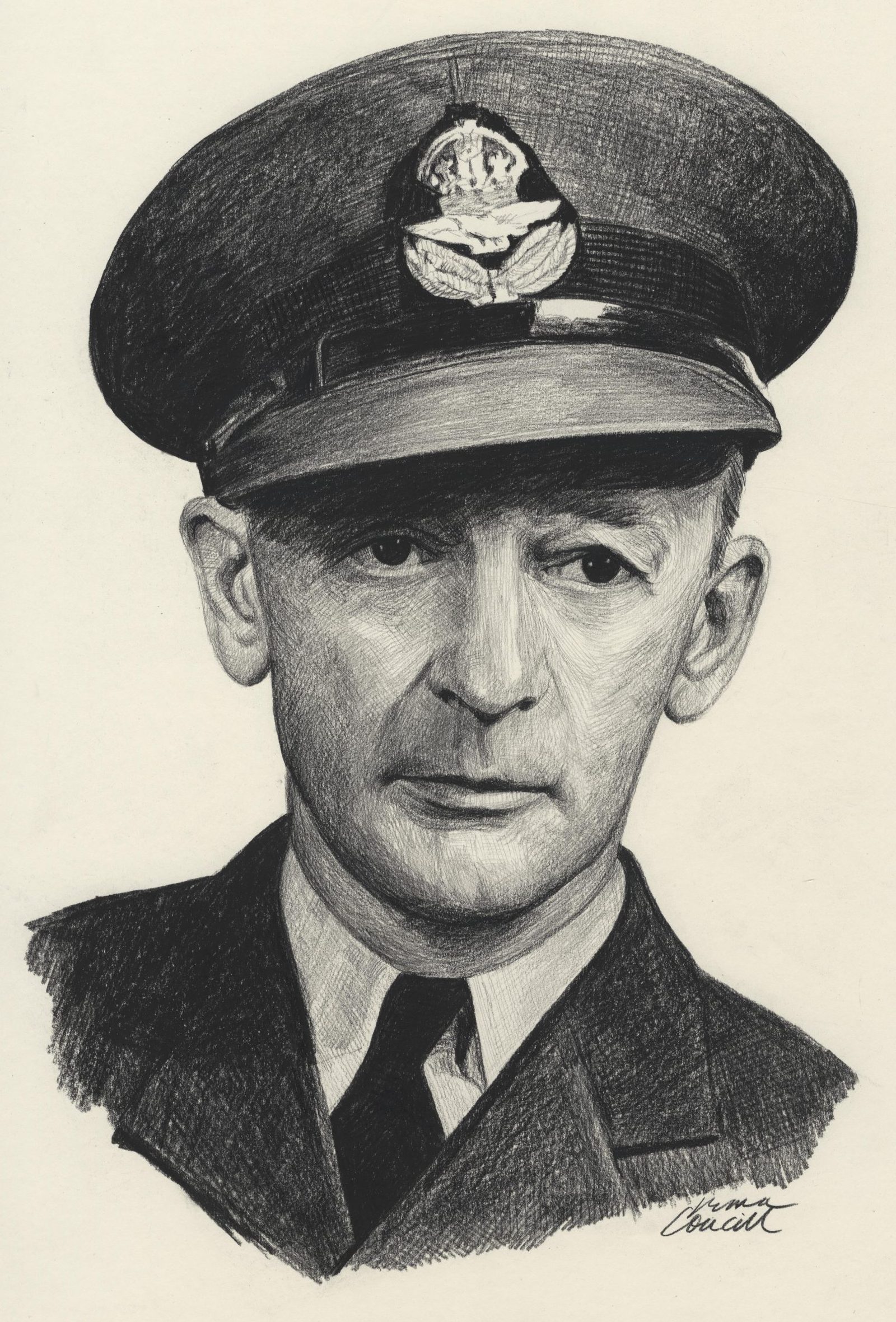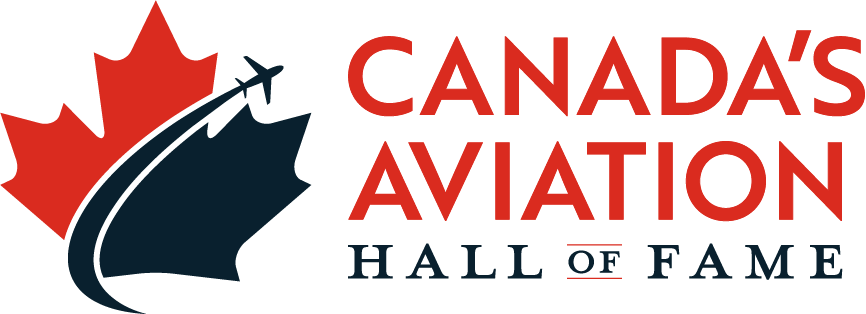Fred Robert Gordon McCall

Nickname: Freddie
Birth Date: December 4, 1895
Birth Place: Vernon, British Columbia
Death Date: January 22, 1949
Year Inducted: 1978
Awards: DSO,;MC*; DFC
His exquisite mastery of primitive military aeronautics and his dedication to opening new routes of air travel through mountainous areas, have been of outstanding benefit to Canadian aviation
Learning to Fly in WWI
Fred Robert Gordon McCall, D.S.O., M.C.*, D.F.C., was born in Vernon, British Columbia, on December 4, 1895. His family moved to Calgary, Alberta, in 1906, and he completed his education there. He joined the 175th Battalion of the Canadian Expeditionary Force in 1916. He arrived in England as a Sergeant, was commissioned and transferred to the Royal Flying Corps (RFC) as a Lieutenant pilot trainee in June 1917. By year's end he was brevetted a pilot and assigned to No. 13 Squadron, RFC, in France, flying reconnaissance and photographic missions.
Victories
Within a month McCall had scored his first aerial victory and the excellence of his artillery patrols brought his first decoration, the Military Cross (M.C.), in March 1918. The following week he downed three more enemy machines and by April 15 had raised his score to six confirmed during a major German offensive. He was awarded a Bar to his Military Cross.
A transfer to No. 41 Squadron followed where he was given a single-seater SE 5a fighter aircraft to fly. In May he destroyed four enemy aircraft and was awarded the Distinguished Flying Cross (D.F.C.). During the following five weeks of flying, after promotion to the rank of Captain, he brought down nine more enemy machines, raising his total victories to 24. For these actions he was awarded a fourth decoration for gallantry, the Distinguished Service Order (D.S.O.) with the following citation:
"A brilliant and gallant officer he has accounted for fourteen enemy machines (since his last decoration). On a recent date he destroyed four during a morning patrol and another in the evening, in each case closing to point-blank range with his opponent. His courage and offensive spirit have inspired all who serve with him."
A Deadly Aerial Duel
On August 17, 1918, he was engaged in the deadliest aerial duel of his career when he and W.G. Claxton were attacked behind enemy lines by a German squadron numbering 40 aircraft. By skillful manoeuvering and aggressive action both he and Claxton shot down three enemy machines. Claxton's aircraft was disabled and he landed in enemy territory, to be captured. McCall landed safely at his own aerodrome. Within days he was taken ill and invalided back to England, with 30 enemy machines to his credit. His fifth citation for bravery came with a Mention in Despatches of his aerial action by Sir Douglas Haig in November 1918.
New Companies
At war's end he established McCall Aero Company Limited at Calgary and together with Jock Palmer and W.R. 'Wop' May as an additional pilots, they flew commercial freight and passengers throughout the prairie provinces and barnstormed the prairie fairs circuit for three years. In 1928 McCall organized Great Western Airways Limited at Calgary, to operate commercial flights. Always ready to accept new aviation undertakings, he contracted in February, 1929 to transport by air, for the first time in Canada, 200 quarts (227 L) of nitroglycerin from Shelby, Montana, to Calgary in his newly-acquired Stinson Detroiter. This extremely sensitive explosive was ordered by an oil-well drilling company for blasting purposes at one of its well sites at Turner Valley in southwestern Alberta.
Training Others
In subsequent years he worked with Murton Seymour to encourage the formation of a system of Canadian Flying Clubs. Shortly after the outbreak of World War II he was recalled to service with the Royal Canadian Air Force (RCAF) as an Administrative Officer. Promoted to the rank of Squadron Leader, he served The British Commonwealth Air Training Plan (BCATP) at several western Canadian bases, commanding both the No. 7 Initial Training School at Saskatoon, Saskatchewan, and the Administrative Unit, North West Air Command, Edmonton, Alberta. Fred McCall died in Calgary on January 22, 1949.
Honoured
When the City of Calgary opened its new airport in 1956, it was named McCall Field to honour his pioneering achievements and his outstanding military accomplishments. McCall Field is now commonly known as the Calgary International Airport. His story is told in delightful detail in the book "Maverick in the Sky" by Shirlee Smith Matheson.
Barnstorming activities after World War I and in the early 1920's were exciting and risky, and drew large number of spectators, many of who had never seen an aircraft before. Stunt-flying took place during many country fairs and accidents did happen. One spectacular accident occurred during the 1919 Calgary Exhibition when Fred McCall was piloting a Curtiss JN-4 with two young passengers. The engine quit on take-off and McCall chose to land it atop a merry-go-around instead of on the crowded midway. No injuries were suffered as a result. A full scale replica of that aircraft, built by Fred's son Fred Jr., is on display at The Hangar Flight Museum in Calgary.
Fred Robert Gordon McCall was inducted as a Member of Canada's Aviation Hall of Fame in 1978 at a ceremony held in Edmonton, Alberta.
To return to the Inductee Page, please click here.
